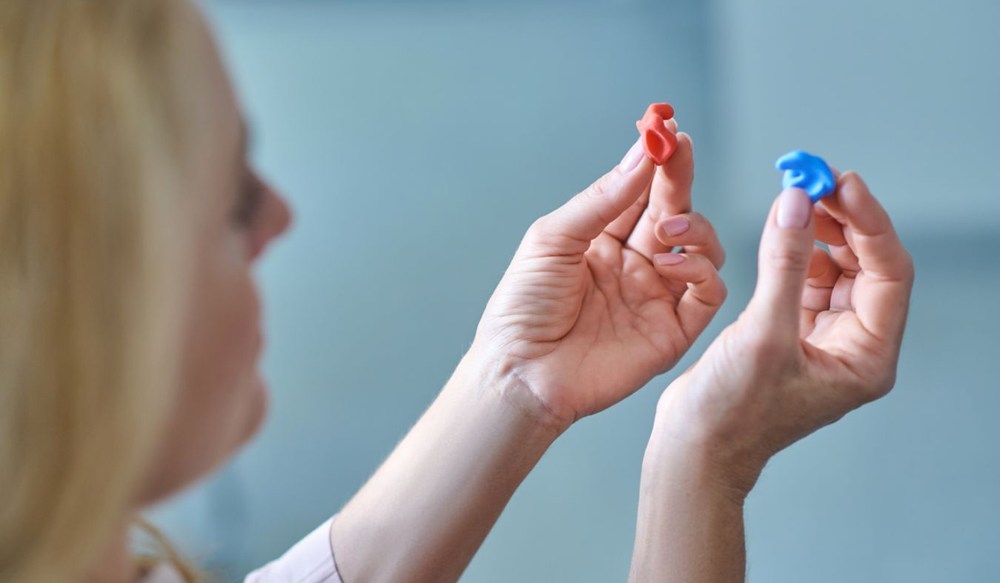Understanding Speech Audiometry and Your Hearing Health
Communication is at the heart of our daily lives – from morning


Communication is at the heart of our daily lives – from morning

Water sports offer an exciting escape from routine, whether it’s

Hearing aids can make a big difference in your day-to-day life, making